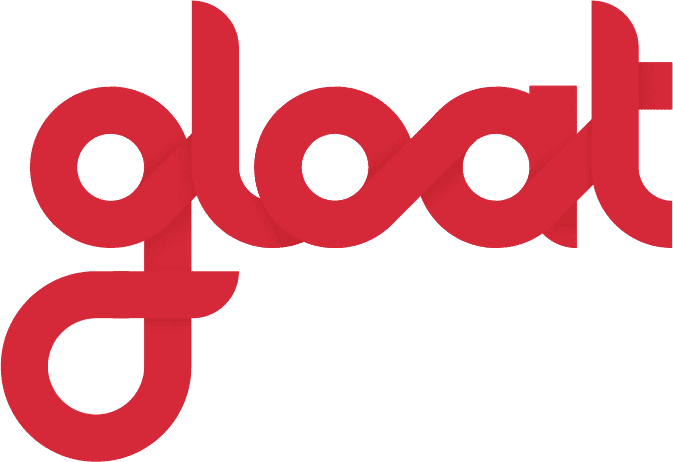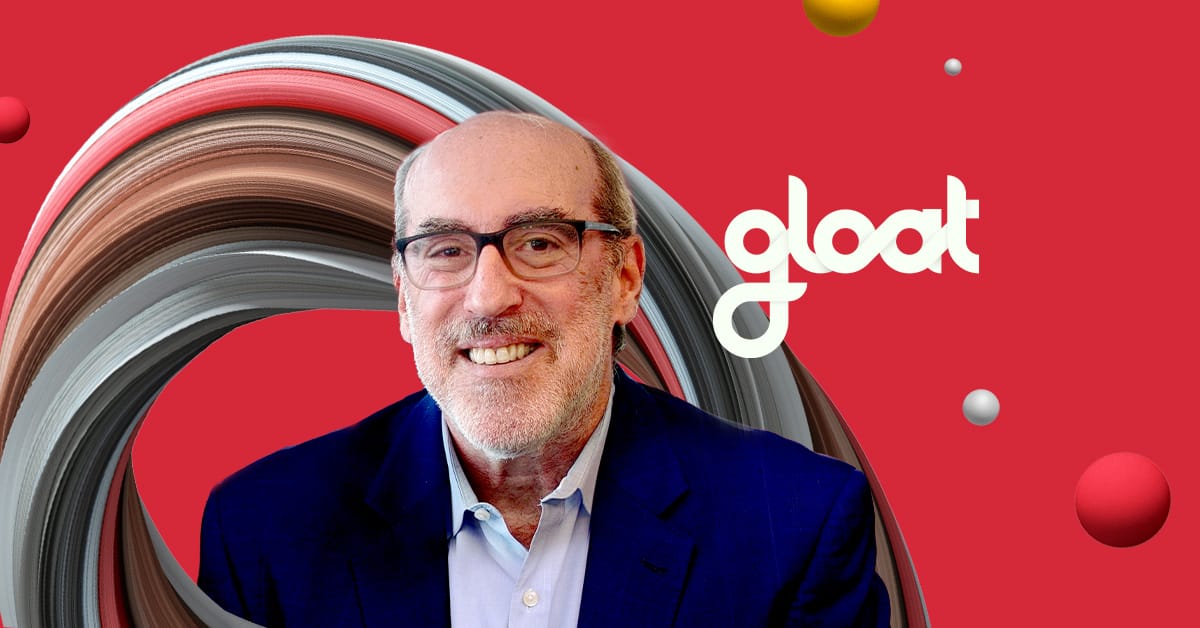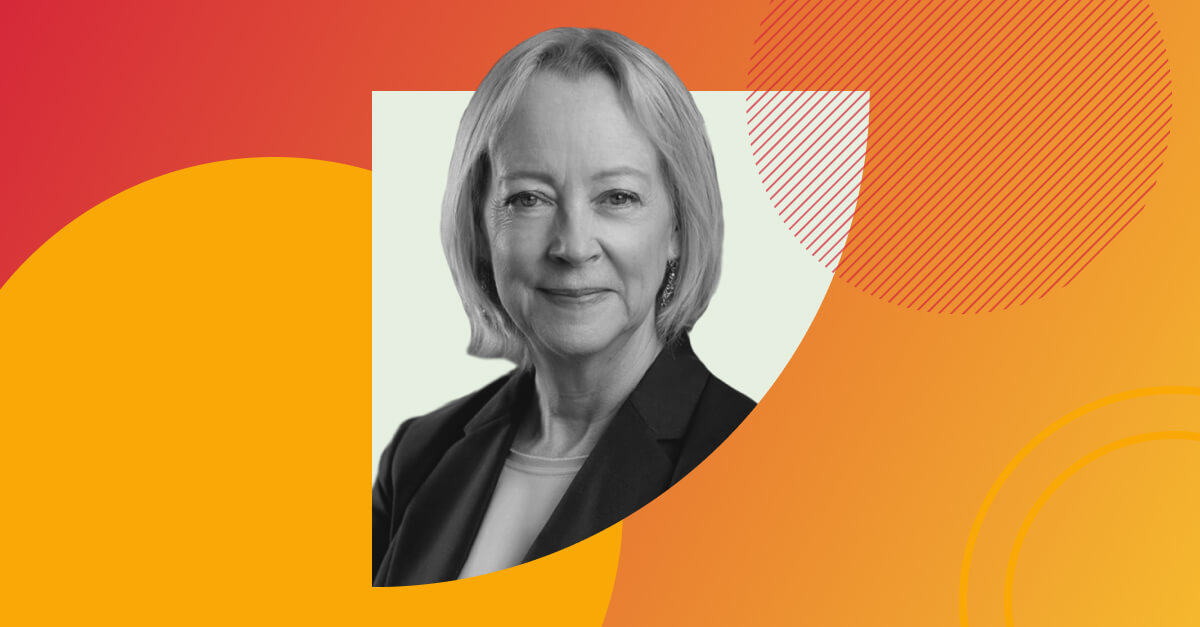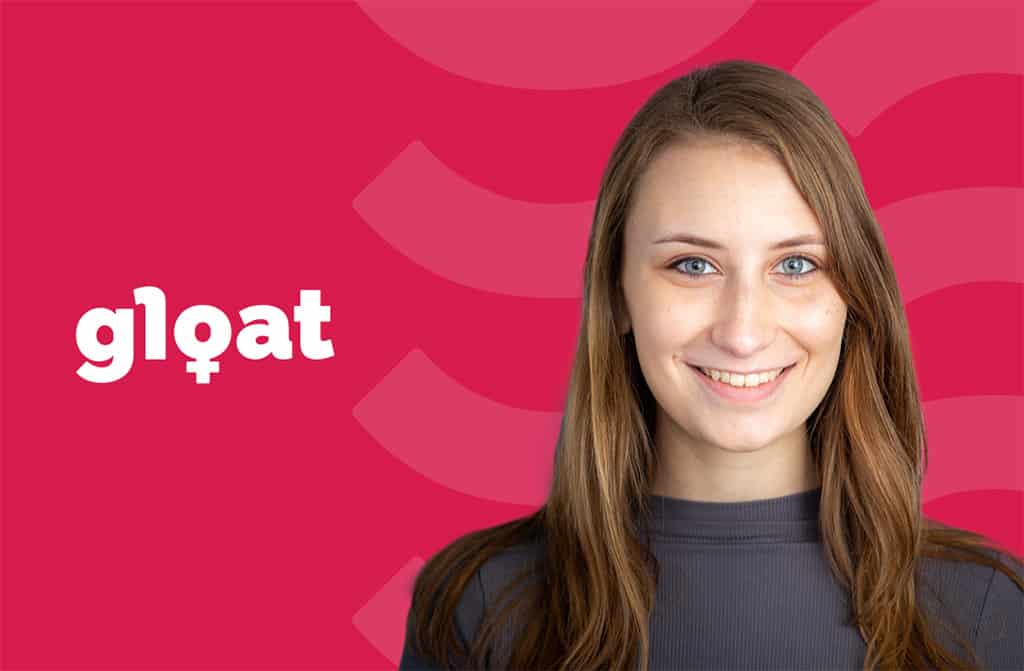How ethical AI can enhance representation in your organization
Break down barriers with ethically constructed AI

Over the past few years, the working landscape has profoundly changed—especially when it comes to HR and talent management. Amid global talent shortages and ongoing economic uncertainty, there’s an opportunity for HR leaders to harness AI and automation to democratize career development.
Yet, while AI-powered technologies have plenty of potential, ethical concerns are also rising to the surface. Most notably, there’s a risk that these systems can hinder—rather than enhance—representation within your organization if they’re not adhering to the highest standards of AI ethics. But how can leaders be sure their AI is ethical?
When it comes to AI in HR technology, it’s crucial to understand how the AI was built:
- Did its training data set mimic a diverse environment?
- Does the AI use demographic data (race, gender, etc) or inferring data (university attended, name, etc) to suggest matches or candidates?
- Is the AI monitored or regularly audited by a neutral third party?
These are essential questions to ask when choosing an HR tool—or to pose about the tools your company is already using—if you want to ensure your AI is working toward more representation, not against it.
What is representation and why does it matter?
Organizational representation is about empowering people of all backgrounds to make meaningful contributions throughout every level and department within your company. While a business that employs people from all walks of life might be diverse, if employees with similar backgrounds are segmented within a few functions or departments, then the level of representation at this organization may still be lacking.
To create a genuinely inclusive and equitable workplace, organizations must prioritize both representation and diversity. Diversity without representation can send an implicit message to some employees that they may not have as many growth opportunities as their peers.
Research shows times and again that diversity and inclusion are linked with favorable outcomes, including enhanced performance and improved employee engagement. Yet, without representation, businesses won’t be able to fully reap these benefits. In fact, according to McKinsey, the greater the representation within an organization, the higher that organization’s likelihood of outperformance is.
The importance of representation in the AI field
Traditionally, underrepresentation has been a major challenge for the field of AI. Globally, only 22% of AI professionals are women, while Black workers represent only 2% and 4% of the workforce at Google and Meta, respectively.
As AI continues to scale across industries and functions, a lack of representation threatens to create unconscious biases that will limit the efficacy of these tools and systems. When it comes to HR and talent management, AI has the potential to level the playing field by turning leaders’ attention toward candidates who may have once been overlooked. However, this will only work if representation is prioritized; otherwise, there’s a real risk that bias creep will influence the suggestions that are being generated.
3 ways ethical AI can enhance representation within your organization
With almost one out of every two CEOs counting building a diverse, equitable, and inclusive workforce as high on their list of challenges, it’s clear leaders are committed to leveling the playing field. Yet, without adequate representation efforts, it’s going to be virtually impossible to drive lasting change. Fortunately, with the help of ethically constructed AI and workforce intelligence, leaders can ensure their employees see peers from different backgrounds represented in various departments, functions, and seniority levels.
#1. AI can enhance the human decision-making process
Ethical AI helps people make informed decisions, rather than obscuring, limiting, or skewing their perspectives. From junior employees to your most tenured executives, AI should empower everyone who comes into contact with it. Leaders should feel confident that the recommendations their AI tools generate are representative of their entire workforce or candidate pools, in turn ensuring that all candidates have a fair shot for every opportunity they apply for.
#2. AI can mitigate bias
AI tools that are blind to data such as gender, race, ethnicity, and ability mitigate much of the bias that’s often part of talent management decisions. Systems should be engineered and monitored to ensure that implicit bias is not being picked up as part of the machine-learning process. In doing that, AI-powered tools can remove many of the career growth boundaries that typically hold employees from underrepresented groups back, paving the way for equity.
#3. AI shows your employees what they’re capable of
Traditionally, barriers and self-limiting beliefs shrunk talent pools and discouraged qualified internal candidates from stepping into new projects and roles. As Seagate’s Global Head of Talent Marketplace and TA Transformation Divkiran Kathuria explains, “A lot of women don’t tend to apply to an opportunity which isn’t a 100% fit. We hold ourselves back. But that’s the beauty of the talent marketplace. It’s not asking you to sell yourself. The platform is telling you that this is an opportunity that’s fit for you.”
Rather than letting internal obstacles hinder internal career mobility, AI shows employees what they’re truly capable of achieving by generating suggestions for projects, roles, and gigs, based on the skills they bring to the table.
What can leaders do to make sure their AI tools are ethically constructed?
If the AI tool you’re harnessing isn’t committed to the best practices of AI ethics, your efforts to enhance representation within your organization will fall short. Until now, evaluating AI vendors has been challenging, since there haven’t been any third-party guidelines designed to help leaders ensure their AI tools will be representative of their entire workforce.
That’s why Gloat is excited to be joining the World Economic Forum Global Innovators Community. As part of the Shaping the Future of Technology Governance: Artificial Intelligence and Machine Learning platform, we’ll work alongside a group of experts in HR, data science, employment law, and ethics to construct checklists for strategic planning and adopting specific tools.





